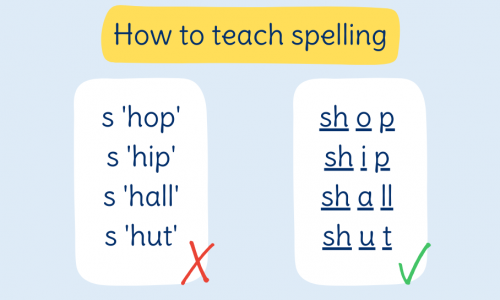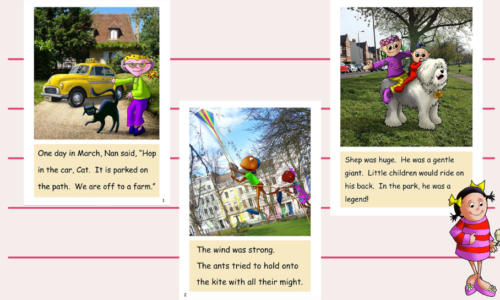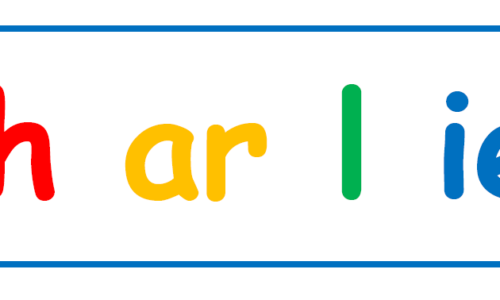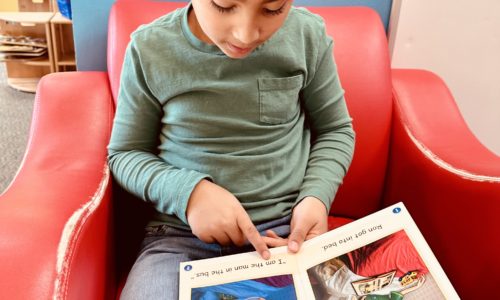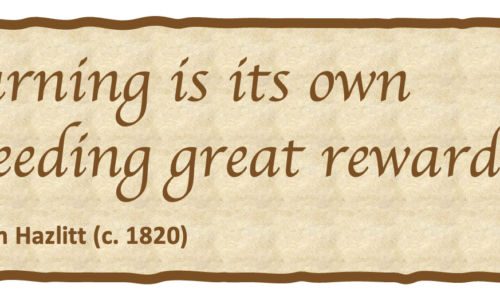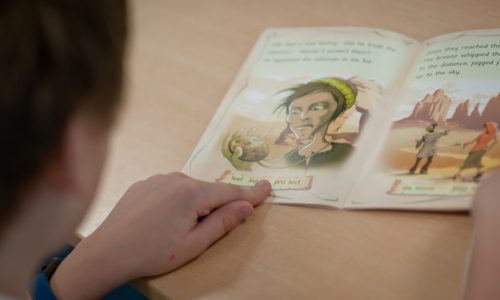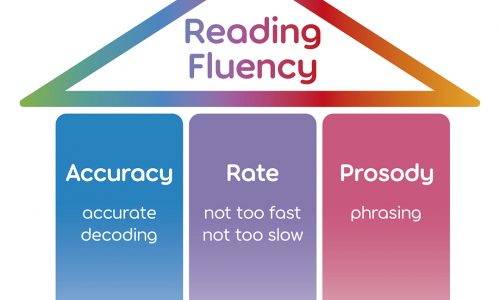
For children to comprehend a text, they need to read it fluently. If the reading is disfluent, the reader will struggle to hold onto all the information needed to comprehend a sentence or paragraph. We know that reading fluency has three components: Accuracy – children need to be able to read words accurately. If they […]
Read More

